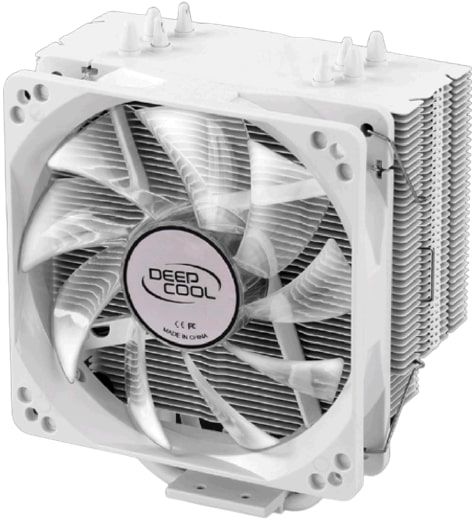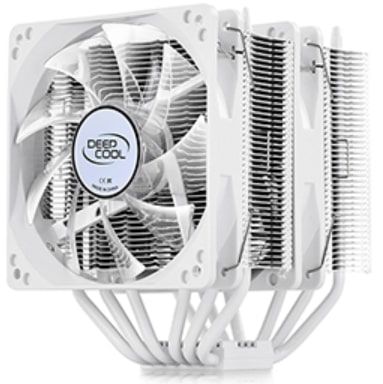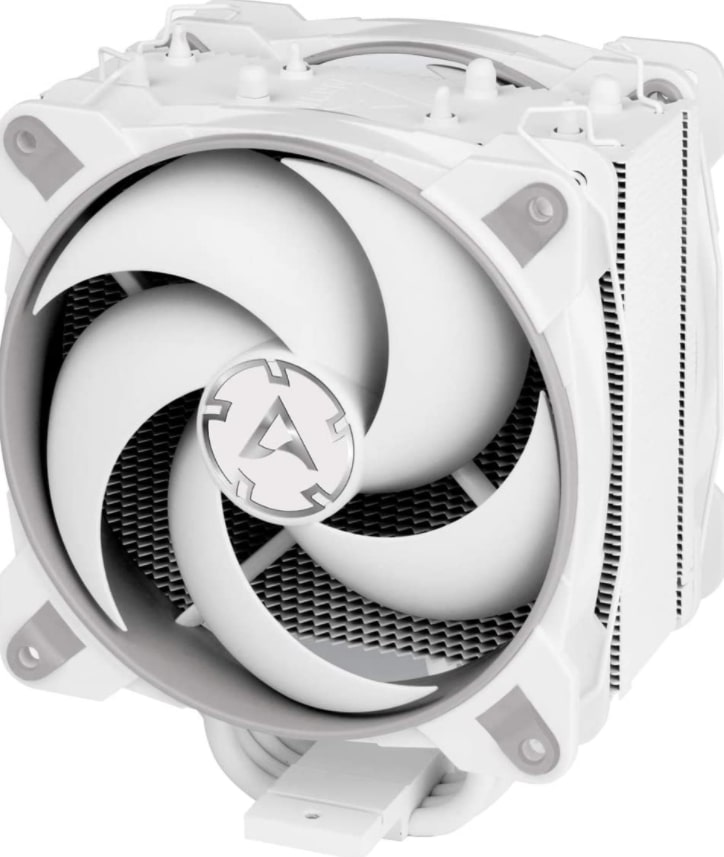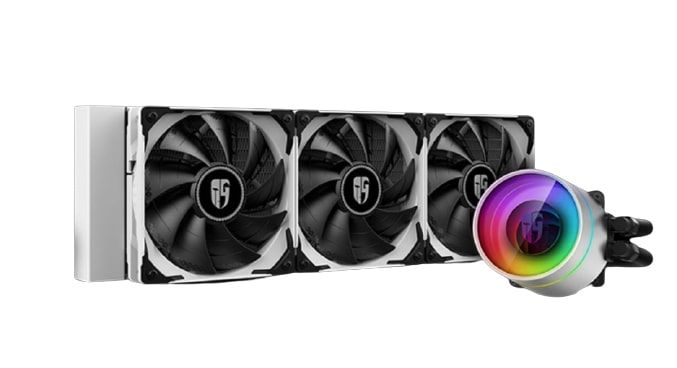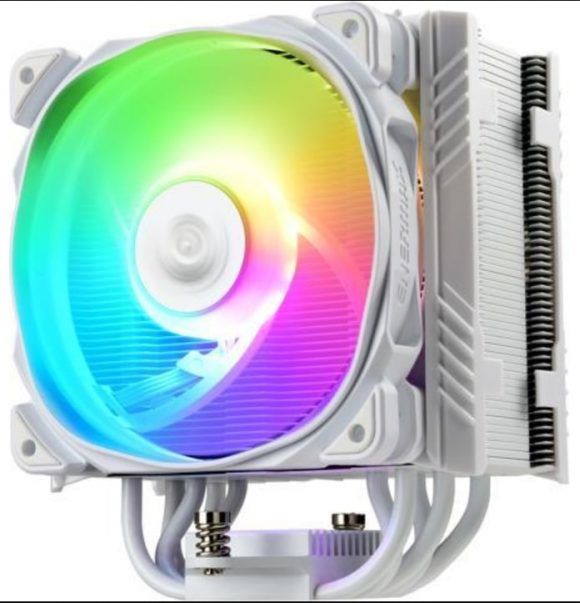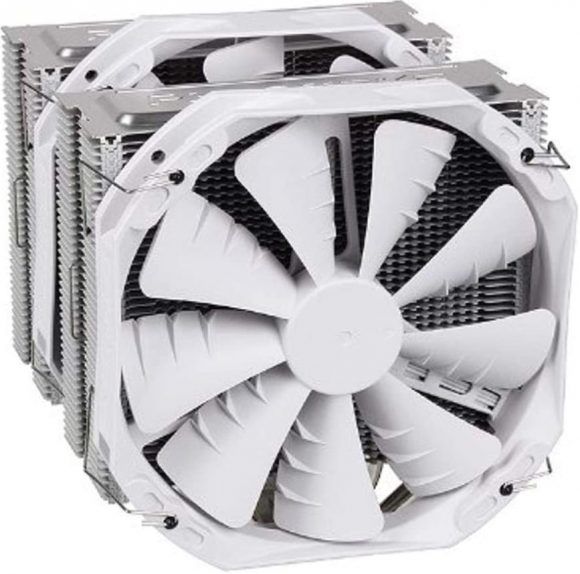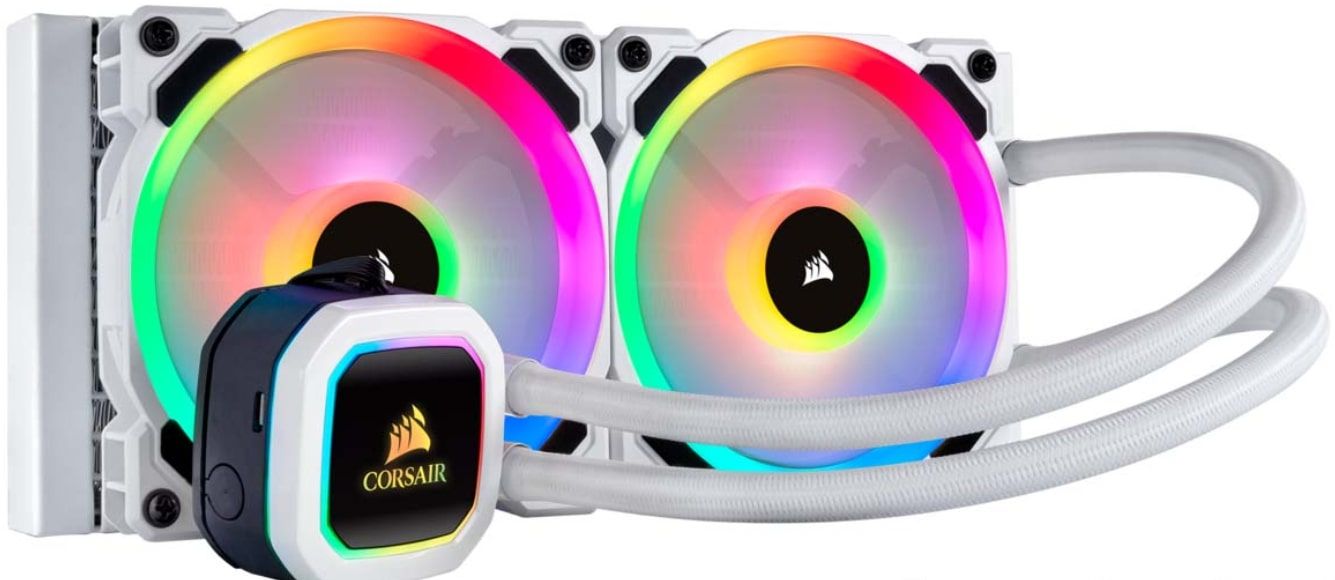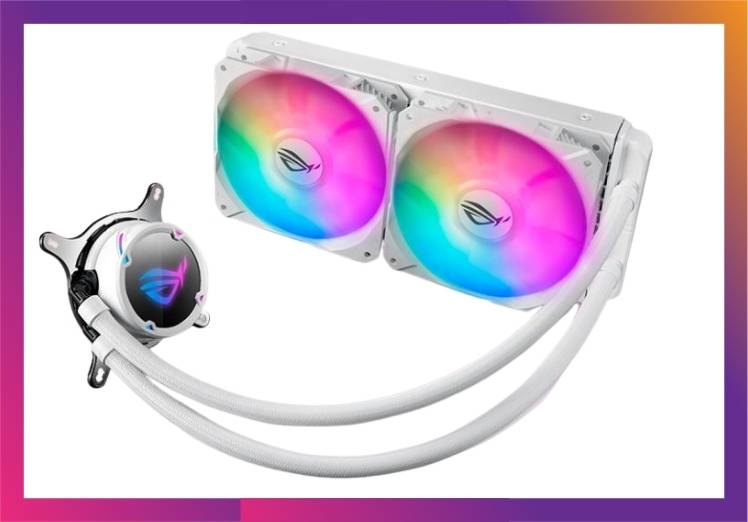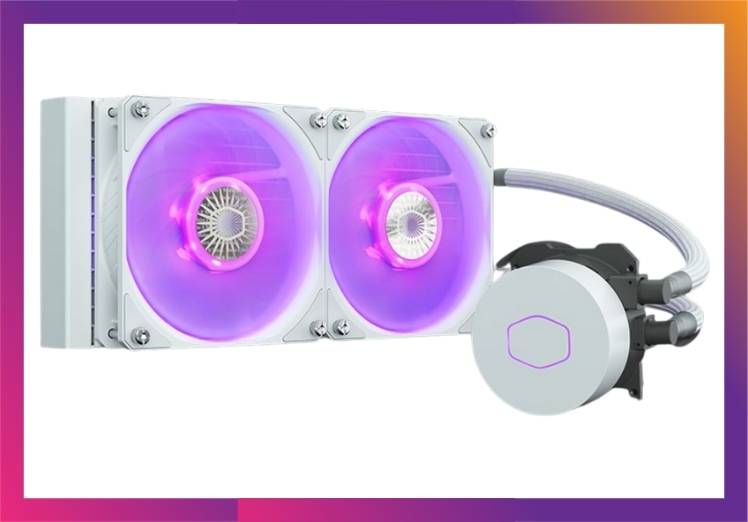Buying Guide: Choosing a CPU Cooler to match your needs!
Choosing the best CPU cooler may be confusing to some people. There are several questions that need answers before you can even begin to choose the best one for your computer case. First, do you want an air-based or liquid-cooled system? If the former, then is it a heatsink and fan, which is more effective than heatsinks with vapour chambers? Which fan size will fit in your case? Will an aftermarket cooler interfere with other components on top of your motherboard?
Fluid coolers are usually more expensive because they have larger water pumps that filter through thinner tubes. The radiator dissipates heat by using forced airflow from another fan mounted on top of it. These systems use less power compared to their air counterparts but are harder to install.
To avoid compatibility issues, check the measurements of each cooler you plan to buy before deciding on a case. The CPU socket of your motherboard is usually located near the hottest part of your computer so you want to have the fan blowing away from it. You might want to consider the following tips for choosing the best CPU coolers for your system:
Prices
Price plays an important factor when purchasing anything, including CPU coolers. Usually, Expensive Coolers deliver better performance than those bought cheaper.
Some high-priced coolers provide other benefits besides performance, such as quiet operation or attractive appearance. Other high-end coolers may have additional features like software control or adjustable speed fans, which can influence your decision to spend more money on them.
However, there are some higher-end units that can get pricey, so it is important for buyers to think about their primary use and whether they want or need something more heavy-duty.
Air vs Liquid
When choosing the best white CPU cooler you must spend some time deciding whether you need an air or AIO liquid cooler. The primary difference between the two is that air coolers are cheaper and lighter, but tend to be less effective. Liquid CPU coolers offer better cooling performance but tend to be more expensive and weigh more.
Before you make your decision, take a moment to think about what you need in a CPU cooler; do you want something portable or powerful?
I suggest going with an air-based white cooler if portability is important to you, while I recommend going with a liquid cooler if greater cooling power is needed.
HERE IS A DETAILED COMPARISON BETWEEN THE TWO
Noise-Levels
You will want to choose the Best CPU coolers that operate quietly when you are gaming. Ideally, they should include high-quality fans that use ball bearings, which will last much longer than the sleeve-bearing fans typically used.
If you choose a high-end pc cooling system it is well known that it helps you get better overclocking results. Basically, the idea of airflow/noise ratio is that higher-end CPU coolers perform better at lower noise levels, and the opposite is true too: cheaper ones aren't good at anything (not really silent or efficient).
However, there are many exceptions in this area and you should not rely on analysis and opinions only. If your PC Cooler offers both these features - high airflow and low noise production you can be sure it will work for your needs.
Build quality
If you want the CPU coolers to be durable, identify the materials used in their products. The construction must be solid so you can expect years of service from it. It should have tight tolerances for thermal contact, which will allow the heat dissipates to transfer quickly to its fins.
CPU coolers are normally made of copper, aluminium or a combination thereof. They must be soldered well to the heat sink and should have a good finish. The aim is to maximize their cooling capacity without creating a lot of noise or failing early from thermal overload.
Here Cooling Performance is one of the most important factors you must consider before buying a CPU cooler. All the CPU fans mentioned in our list have an efficient cooling design thus ensuring your PC runs cool and stable even when you push it hard for long hours.
For overclocking, gamers looking for CPU Fans should generally look at high-performance air coolers that are specifically designed to maintain lower operating temperatures.
Compatibility
Not every cooler would fit in your pc case so you should be aware of the compatibility before buying a cooler. Usually, there are some coolers that will not fit in small cases, but if you do not see any information about the size on the product page, you can simply measure your pc case or check with your manufacturer.
You should also ensure that there is enough space between the CPU and motherboard to attach the new CPU Cooler properly.
If you want to upgrade your CPU cooling system after a few years it would be necessary that a new CPU cooler fits into the current case design - especially height, because most cases are not designed to let CPU coolers with large heatsinks touch motherboard components on the backside.
This is often neglected in detail for beginners and may cause problems later when choosing proper replacement or upgrading. There is no need to experiment with this, just look for compatible models when buying a CPU cooler.
RGB
Apart from Durability and Performance, another thing that you should consider when buying a CPU cooler is its appearance. This is where the RGBs come in since almost all of the Coolers in our list have an option for customizable RGB LED lighting.
RGB can add an extra flair to the already aesthetically pleasing design of high-end coolers. If you want your gaming setup to stand out, this is definitely the way to go since there are probably hundreds of different LED colour options for each Cooler.
Installation: CPU Cooler
1. Maintain a few inches of space around your CPU and check to see if there is enough room for the cooler.
2. Check the compatibility of your operating system and your processor with the cooler's specifications to ensure that this will work for you.
3. Confirm that all necessary pieces are included with the cooler and that all items in its packaging are in good condition before opening it.
4. Check Intel's compatibility list to ensure that the cooler you purchased is compatible with the motherboard installed in your system:
5. Apply thermal paste to CPUs heat spreader, if applicable, using syringe-type applicator or brush/spatula combo for larger surfaces. Leave 1 mm of paste exposed to air for contact with the cooler.
6. Install the standoffs in the mounting holes in your case for the proper socket type. This varies depending on your processor socket, so make sure you have all the necessary components when purchasing a cooler. Check if your motherboard already has screws attached to standoffs installed in all four corners of the motherboard.
7. Make sure the CPU cooler retention backplate fits tightly against your motherboard. Most CPU coolers only fit in one direction, so there is no chance of installing it wrong. Check the instructions if you are unsure about how to proceed, just in case.
8. Carefully place the weighty heatsink on top of your processor and secure it with screws and the retaining mechanism provided by the cooler manufacturer. The order of installation should be motherboard, CPU, cooling system, RAM.
9. Connect power cables to fans and install them on your case if necessary (if you have a liquid cooling system).
- Plug fan(s) into CPU_FAN or SYS_FAN header on your motherboard. Always make sure you plug in the correct power cable of the fan(s) to headers of matching voltage and amperage (if multiple fans are used, each one of them should be plugged into a header of the same "speed").
11. Turn on the power supply and test if everything is working.
12. If fan(s) are too loud for you, go to the BIOS settings of your motherboard and swap the default speed for one that is more tolerable. You can also change fans' speeds using software bundled with your motherboard or any other preferred method.
13. Have fun with your new CPU cooler!
Comparison: Air CPU coolers Vs AIO liquid CPU coolers
If you are wondering whether air or liquid CPU cooling is better, it all depends on your needs. The following are some of the most significant differences between these two types of cooling systems:
Air CPU Cooler
When you need to cool CPUs or other similar components, one of the best options is an air CPU cooler. These offer more than one advantage over water coolers, including quieter operation as well as lower installation costs. The air cooling system can work with a range of different CPUs and different cooling levels. Air CPU coolers have higher availability. There are some disadvantages as well, including that air CPU coolers do not work as well in hot environments or those without good airflow.
AIO Liquid CPU Cooler
An alternative option is to use a liquid CPU cooler if you want to keep your CPU running at a cooler temperature. While these do have their drawbacks, such as being more expensive and requiring regular maintenance, liquid coolers show results as good as the best air CPU coolers. Liquid CPU coolers are more effective in hot environments and can better handle severe overclocking. However, you will need a compatible motherboard with a pre-installed water cooling system for this option to work properly.
They provide better cooling compared to air coolers which require higher RPMs. They usually come with their own pumps and radiator. Computer water cooling is considered high-end computer hardware because it requires professional installation.
In conclusion, if you have the money and the appropriate setup, go for a liquid CPU cooler. Otherwise, air CPU coolers should be enough for your PC's operation.
Final Thoughts
To find the best white CPU cooler, you need to consider what it is that makes a good cooling fan. The goal of any cooling system should be to keep your processor from getting too hot and damaging itself or slowing down due to heat buildup.
This means choosing a cooling system with enough airflow for your needs as well as one that can fit in the space provided by your computer case. If this sounds like more trouble than you want to deal with, don’t worry!
Here are the top white coolers we recommend:
Best for Air Cooling
Best for Liquid Cooling
Related Posts:
“9-Best RGB Fans reviews 2022”
Chairs to get rid of Back pain
The best 8 mice for jitter clicking
